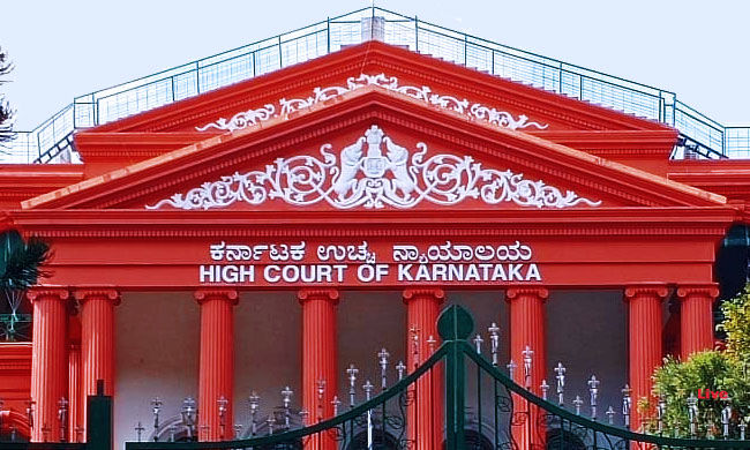Individual Performing 'Public Duty' Will Come Under Prevention Of Corruption Act Though Not A 'Public Servant' : Karnataka High Court
Mustafa Plumber
25 Aug 2021 8:11 PM IST

"The offences under the Prevention of Corruption Act can be invoked not only against a public servant but also against a person, who by virtue of his office has been discharging public duty", the court clarified in an FIR quashing petition.
Next Story


